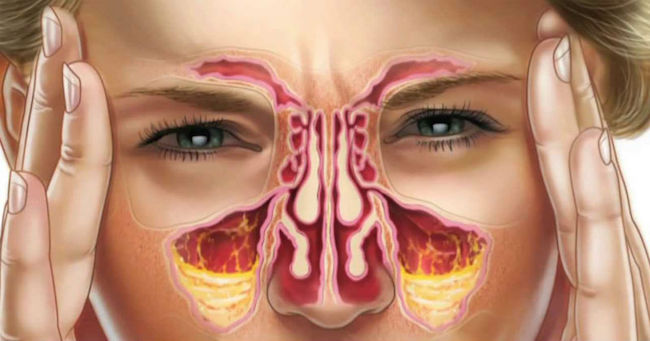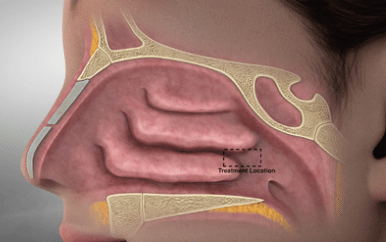

Constant spitting or swallowing of mucus.A cough or hack that is often worse in the evening.A feeling like a lump or something stuck in the throat.People who experience post nasal drip may have other common symptoms, including: Post nasal drip is most commonly identified by the accumulation and drainage of mucus down the back of the nose and throat. What Are The Symptoms Of Post Nasal Drip? Vasomotor rhinitis (a heightened sensitivity to stimuli).Chronic respiratory conditions, such as COPD.Off-gases from chemicals, perfumes, cleaning products, smoke, or other irritants.Weather conditions (sudden changes or dryness).Certain medications (birth control and blood pressure medications).Allergies (especially seasonal allergies).Post nasal drip is often considered a symptom of conditions, such as: There are numerous possible causes for the excessive accumulation and drainage of mucus associated with post nasal drip. Post nasal drip is most commonly treated with over-the-counter antihistamines and decongestants, though home remedies, such as chicken soup, are believed to provide relief.Post nasal drip is sometimes associated with (or results from) upper respiratory symptoms caused by acid reflux, also known as GERD (gastroesophageal reflux disease).Post nasal drip is often considered a symptom stemming from other conditions, such allergic rhinitis, rather than a separate syndrome.Post nasal drip is the most commonly reported symptom of chronic rhinosinusitis.Post nasal drip is relatively common, affecting almost everyone at some point.If symptoms don’t diminish, see a doctor to rule out tonsil stones or other problems, get an accurate diagnosis, and post-nasal drip treatment recommendations. This can cleanse away mucus, soothe your throat and may even potentially dislodge tonsil stones lurking in the back of your mouth. To banish drip-related odor quickly, consider gargling with a specialty breath freshening rinse or a mixture of warm water with a little salt. The first is a specialty breath freshening throat spray designed to neutralize odors and cleanse away irritants. There are several simple, inexpensive remedies you can try at home to alleviate both post-nasal drip and bad breath. When the mucus from post-nasal drip accumulates and mixes with anaerobic sulfur-producing bacteria in tonsil crevices, small, odorous formations called tonsil stones begin to form.

In more severe and chronic cases, minor surgery may be needed to drain the sinus passages of built-up mucus and bacteria. Sinusitis is one of the more serious causes of post-nasal drip and is commonly treated with antibiotics, decongestants, and sometimes nasal irrigation.For post-nasal drip caused by birth control pills, your doctor may switch you to a different pill or recommend an alternative method of birth control.A doctor may suggest allergy injections as a long-term solution for allergy-related post-nasal drip. If post-nasal drip symptoms are related to allergies, antihistamines and in some cases nasal steroids, can help alleviate the problem.You may notice an increase in coughing or wheezing during allergy season, or these symptoms can affect you year round. Tonsil stone formation (if tonsils are still present)Ĭoughing, wheezing, halitosis, snorting, sore throat, and congestion can be obvious and disconcerting.A runny nose and/or congestion (rhinorrhea).The sensation of a lump in the back of the throat.Hoarseness, throat clearing, or coughing.If not treated properly, these symptoms can get worse and eventually become debilitating. In addition to post-nasal drip causing this irritating sensation, it can lead to sore throats, persistent coughs, and ear infections. When too much mucus builds up and is not cleared away, it can develop into an irritating drip down the back of the throat. Occasionally, something malfunctions, due to a cold, allergies, or a myriad of other issues. Under normal circumstances, mucus is cleared easily whenever you swallow and the body’s defense systems eliminates harmful bacteria. It can also be caused by excessive mucus or very thick mucus, which is difficult to clear from the back of the throat. Post-nasal drip is commonly caused by thin watery mucus running down the back of the nasal passages and into the throat.

In general, mucus production is a positive and necessary function of the human body, helping to trap foreign invaders and bacteria. Birth control pills, allergens, pollen, dust, and smoke can stimulate post-nasal drip. Post-nasal drip is a relatively common symptom of colds, respiratory flu, sinusitis, rhinitis, infections, and acid reflux.


 0 kommentar(er)
0 kommentar(er)
